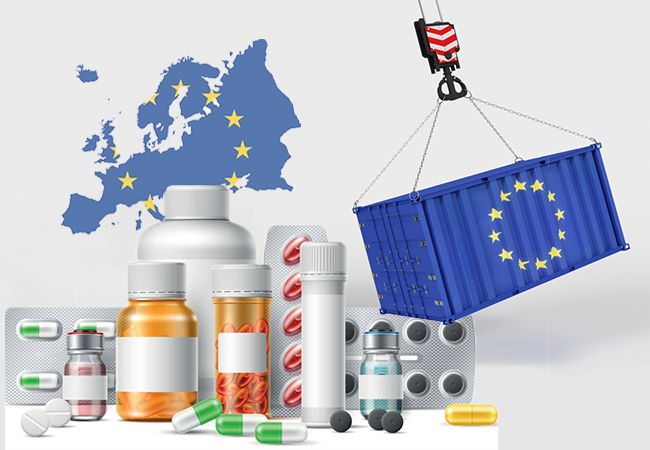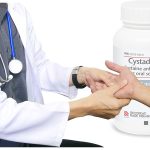The European pharmaceutical landscape is complex and dynamic, with a significant portion of medicines being imported from outside the EU. This trend is driven by the global nature of pharmaceutical production, with many active pharmaceutical ingredients (APIs) and finished dosages being manufactured in countries like China and India. However, this reliance on imports can create vulnerabilities in the supply chain, particularly in times of crisis.
The Importance of Imported Medicine Suppliers:
Parallel import export plays a crucial role in the European pharmaceutical market, as it allows for the redistribution of medicines from countries with lower prices to those with higher prices. This practice helps to increase competition and drive down prices, ultimately benefiting patients and healthcare systems. Companies like Orifarm, Ikris Pharma Network and more are at the forefront of this trend, leveraging their expertise and logistics capabilities to ensure a steady supply of affordable medicines.
EU Regulations and Compliance:
Importing medicinal products into the EU is a highly regulated process. Importers must comply with Good Manufacturing Practice (GMP) requirements, which include setting up a pharmaceutical quality system, having sufficient staff and premises, managing complaints and recalls, and implementing procedures to control supply chains. Additionally, importers must navigate the complex landscape of Value Added Tax (VAT) and customs duties, which can significantly impact the cost of imported medicines. Ikris Pharma Network is the most trusted imported medicine supplier which can help you with the process making it easy and smooth.
Challenges and Solutions:
- The reliance on imports from countries like China and India poses significant challenges to the EU’s pharmaceutical supply chain. For instance, the production of APIs in these countries can be concentrated in specific regions, making them vulnerable to disruptions due to environmental disasters, power outages, or political instability.
- To mitigate these risks, the EU has proposed the creation of a “Critical Medicines Act” to encourage the production of critical medicines, unlicensed or unapproved drugs and APIs within Europe. This initiative aims to reduce dependence on countries outside the EU and promote a more resilient supply chain.
The European pharmaceutical market is heavily reliant on imported medicines, which can create vulnerabilities in the supply chain. However, companies like Orifarm are working to make medicines more accessible and affordable through parallel importing. To ensure a more secure supply, the EU is taking steps to promote local production and reduce dependence on imports. By understanding the complexities of importing medicinal products into the EU and addressing the challenges associated with it, we can work towards a more robust and resilient pharmaceutical supply chain in Europe.
What are the key regulatory requirements for importing medicinal products into the EU?
Importers need a Manufacturing and Importation Authorization (MIA) and must comply with Good Manufacturing Practice (GMP). This involves a pharmaceutical quality system, adequate staff and facilities, managing complaints and recalls, and controlling supply chains, along with handling VAT and customs duties.
How can importers ensure compliance with EU regulations on imported medicines?
Consult experts in EU regulations, tax, and customs rules. Establish an EU import site with Qualified Person (QP) and GMP accreditation, or outsource to specialized service providers.
What are the requirements for importing unlicensed medicines into the UK?
Importers must be licensed wholesale dealers or hold a manufacturer’s “specials” license and notify the intent to import 28 days prior. Requirements vary by source country and intended use.
How dependent is the EU on imports of pharmaceutical ingredients and products from China?
The EU relies heavily on China, which produces 40% of the world’s APIs, and India, which produces 20%, creating supply chain vulnerabilities.






